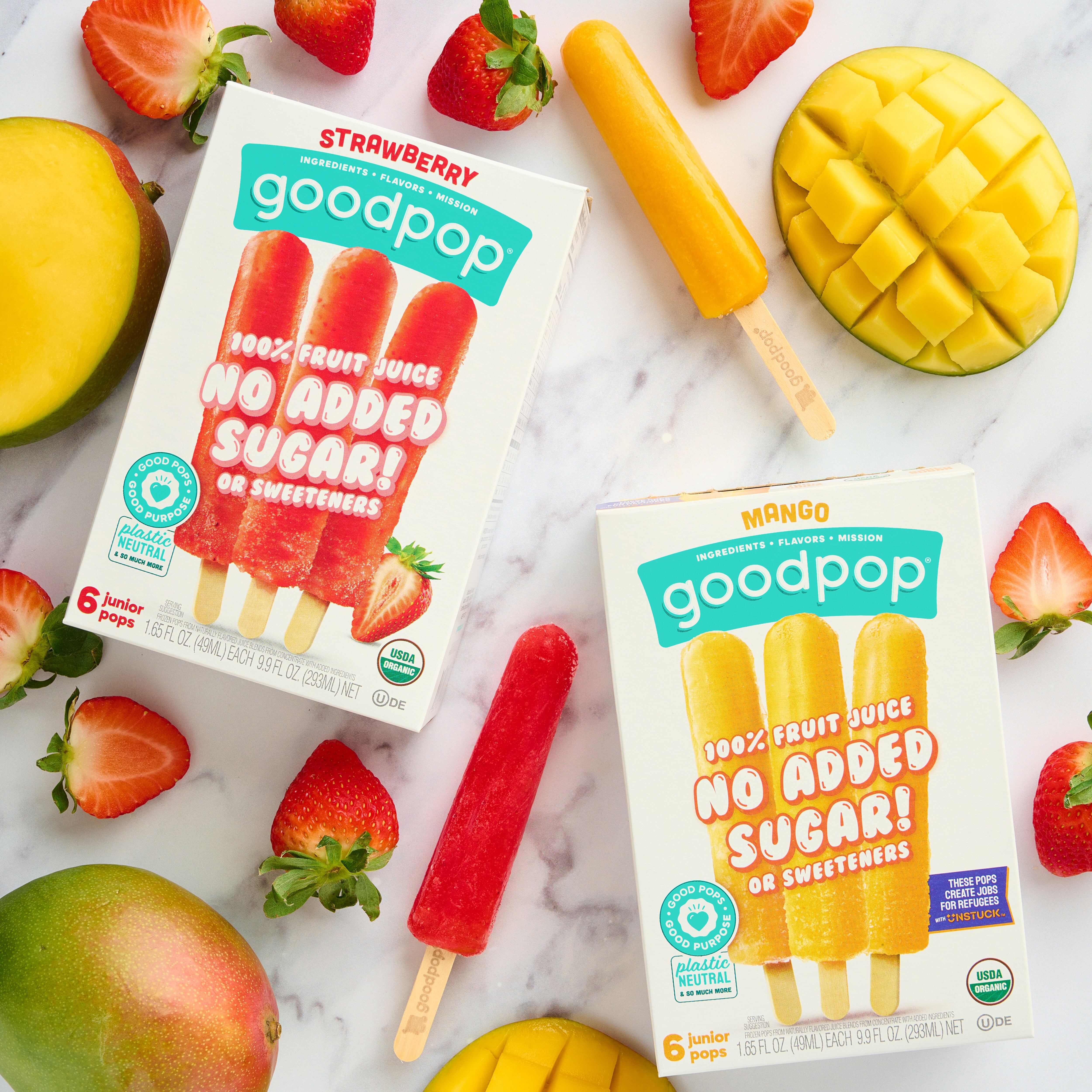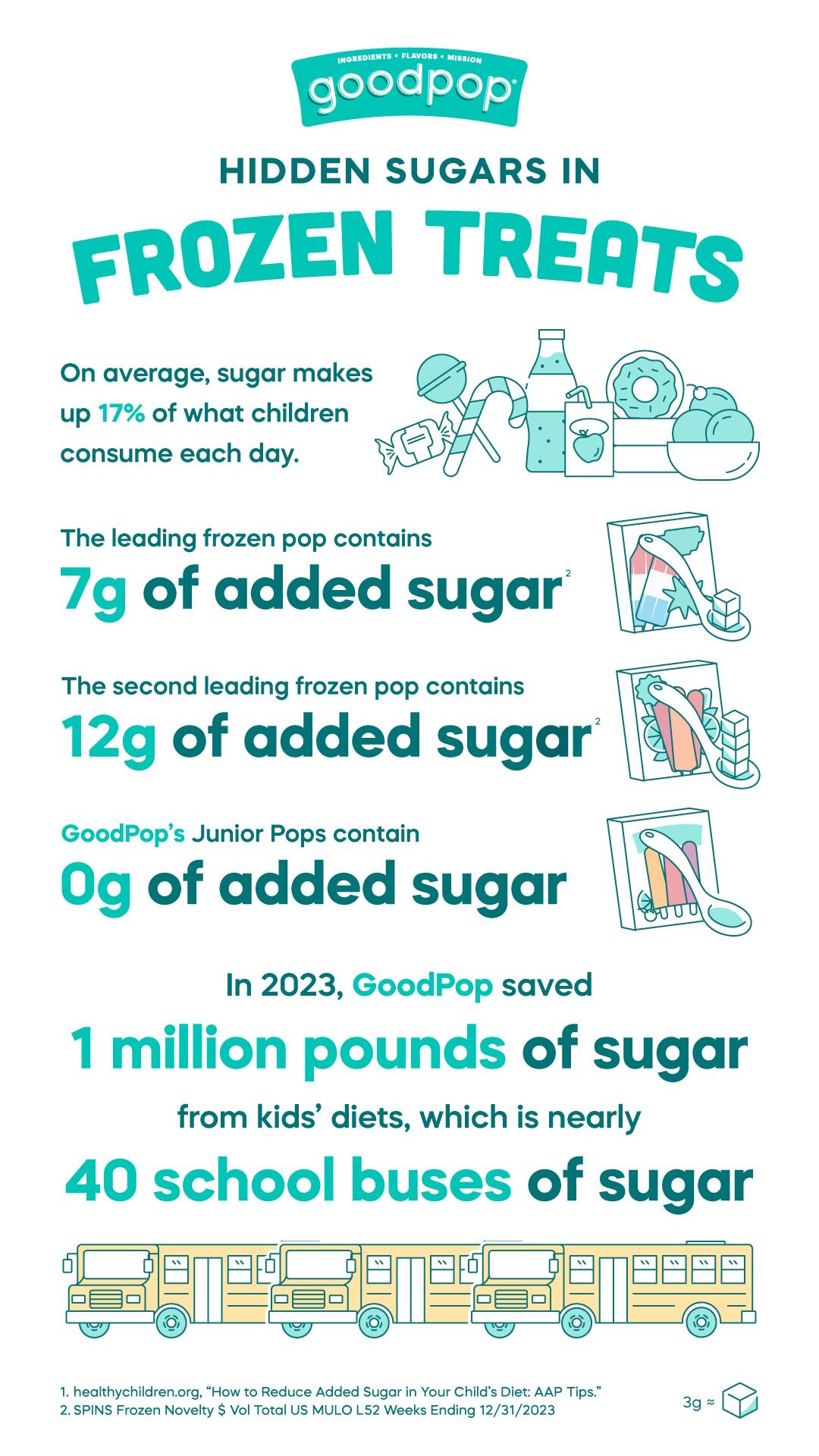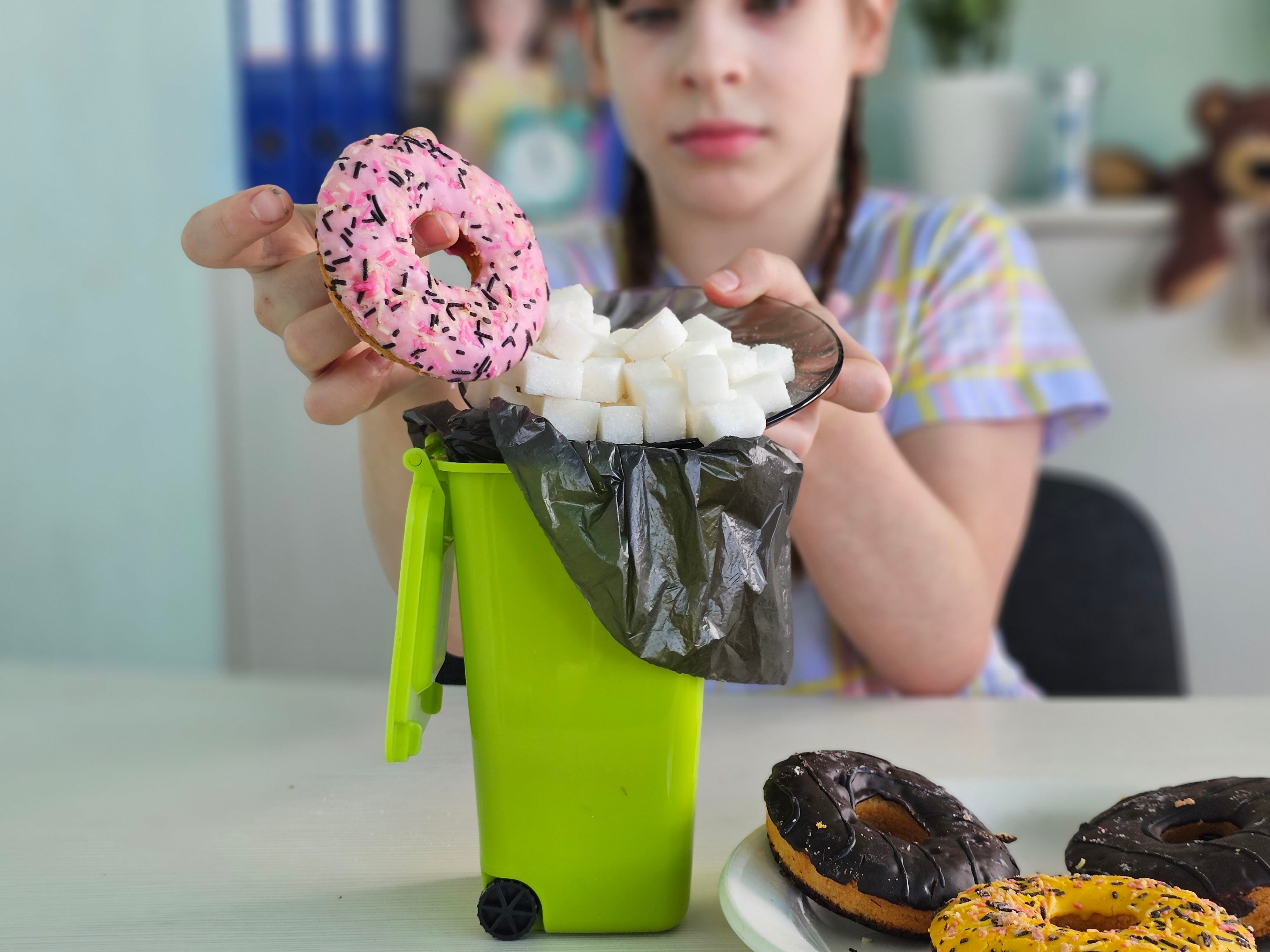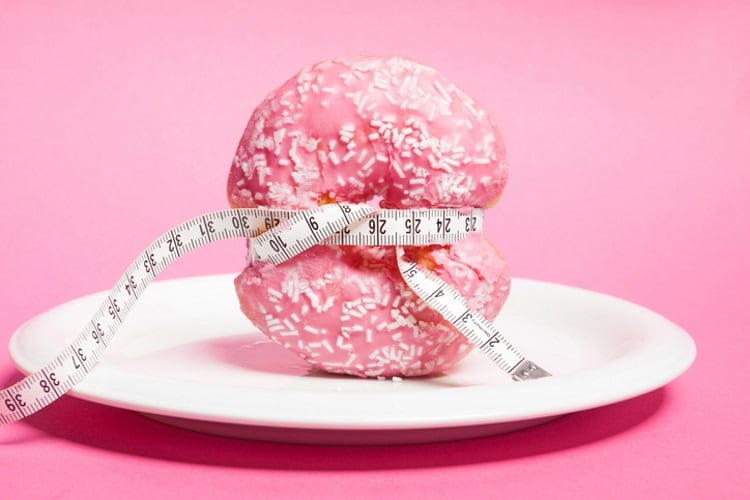A significant culprit lies in children’s snacks, where seemingly healthy options like granola bars, fruit snacks, and yoghurt often pack more sugar than candy bars. These sugar-laden products are marketed directly to kids, conditioning their tastebuds to crave excessive sweetness and masking the health risks with bright packaging and ‘natural’ claims. This trend has sparked growing concern among parents, health advocates, and nutrition experts, who are demanding accountability from the snack industry.
Global push for stricter sugar regulations

From sugary cereals to artificially sweetened drinks, sugar dominates the landscape of children’s food products, creating significant health risks. Obesity rates among children have tripled since the 1970s, and nearly one in five school-aged children in the US is classified as obese. Experts warn that sugar-laden diets contribute not only to obesity but also to rising rates of type 2 diabetes, tooth decay, and even behavioural and cognitive challenges in children.
Critics contend the food industry’s reliance on added sugar is both a public health and marketing failure. Products targeted at kids often feature misleading packaging, with terms like ‘natural’ or ‘made with real fruit’, while still being packed with added sugars. A study from the University of North Carolina found that nearly two-thirds of packaged foods marketed to children contain added sugars, with many exceeding recommended limits in just one serving. The World Health Organization (WHO) has consistently advocated for reducing sugar intake, yet regulation of sugar content in food remains inconsistent across countries.
Countries around the world are taking steps to tackle the sugar epidemic. In 2018, the UK implemented a sugar tax on soft drinks, leading to significant reductions in sugar content. The country has also introduced HFSS (High Fat, Salt, and Sugar) regulations, restricting promotions of unhealthy foods both online and in stores. Similarly, Chile mandates front-of-pack warning labels for foods high in sugar, fat, or salt, empowering parents to make informed decisions. Mexico has taken an aggressive stance by banning sugary foods and drinks in schools and requiring explicit labelling of high-sugar products.
School lunch reforms
In Europe, countries like France and Spain have introduced sugar taxes on beverages, prompting reformulations and reductions in sugar content. Australia, while lagging on national-level policies, has seen growing advocacy for a sugar tax and stricter regulations. These efforts have set a global precedent for addressing the sugar crisis, but the US has lagged behind in implementing comparable policies.
The US Food and Drug Administration (FDA) has made some progress – such as mandating that added sugars be included on Nutrition Facts labels – but critics say more must be done to curb deceptive marketing practices. Advocates are pushing for stricter front-of-pack labelling regulations that clearly indicate sugar content, warning parents about unhealthy products disguised as wholesome.
The role of advocacy and industry reform

Organisations like the Center for Science in the Public Interest (CSPI) have called out manufacturers for misleading advertising and urged policymakers to implement stronger regulations.
The push for change, however, isn’t limited to policymakers and public health organisations.
A growing number of brands are stepping up to provide healthier alternatives while advocating for broader industry reform. These companies are challenging the status quo by proving that snacks can be both delicious and nutritious without relying on added sugars or artificial ingredients.
One such brand is GoodPop, an Austin-based producer that has made waves in the industry with its no-sugar-added frozen pops. GoodPop’s commitment to clean, wholesome ingredients has positioned it as a leader in the fight against sugary snacks.
“We’ve set out to recalibrate kids’ tastebuds, which have been trained by big and small food companies to crave overly sweetened products,” says GoodPop founder and CEO Daniel Goetz. “By showcasing fruit’s natural sweetness, we’re not only helping families but also challenging the industry to offer truly healthy options.”
GoodPop’s efforts have already made an impact, with the company eliminating over 1 million pounds of added sugar from kids’ diets in 2023 alone. While GoodPop’s products, like its new Mango and Strawberry Junior Pops, showcase the potential for sugar-free treats, the brand is also leveraging its influence to advocate for systemic change within the food industry.

GoodPop is putting its money where its mouth is by launching a new initiative focused on front-of-pack labelling transparency, inviting other brands to join forces in making healthier food options more accessible. To spearhead this effort, the company has appointed Holly Adrien as its director of Engagement & Advocacy. With over 20 years of experience in the natural food industry, Adrien is driving the push for greater transparency in food labelling while fostering collaboration among better-for-you brands.
What inspired you to transition from working with a major retailer like Kroger to join GoodPop?
My 18 years at Kroger allowed me to drive real change, especially in the Natural and Organic category. During that time, I had the privilege of working with incredible better-for-you brands. I was drawn to GoodPop’s commitment to making healthier, cleaner products while also engaging in advocacy to raise industry standards. Joining GoodPop felt like a natural progression – a chance to use my background to make a bigger impact.
How does the company address food insecurity and nutrition education in underserved communities?
We believe everyone deserves access to nourishing, wholesome foods. With so many messages reaching consumers – and some deceptive in their positioning of products – we need to unite to drive transparency in the food industry so customers can find nourishing foods. Clear and honest labels, imagery, and messaging on packaging will arm everyone with easy-to-understand information that makes healthy food choices more accessible. Advocating for this is our focus.
Collaboration is key. No single brand can drive meaningful change alone.
Holly Adrien
What do you see as the biggest barriers to healthier food options being accessible to more families in the US?
A lack of transparent and honest labelling requirements allows for brands with subpar standards to remain deliberately opaque, making it unnecessarily complicated for busy families who want to purchase healthier options. This also puts brands who are raising standards at a disadvantage, as they’re forced to unfairly compete with those taking unhealthy shortcuts.

What impact do you hope to have on how better-for-you brands collaborate to influence policy and consumer behaviour?
Collaboration is key. No single brand can drive meaningful change alone. GoodPop has demonstrated that growth and advocacy can go hand in hand – having allocated resources and creating a full-time inhouse role – and we’re eager to work with other like-minded brands to amplify our efforts. Together, we can push for higher standards and create a healthier food landscape for everyone.




